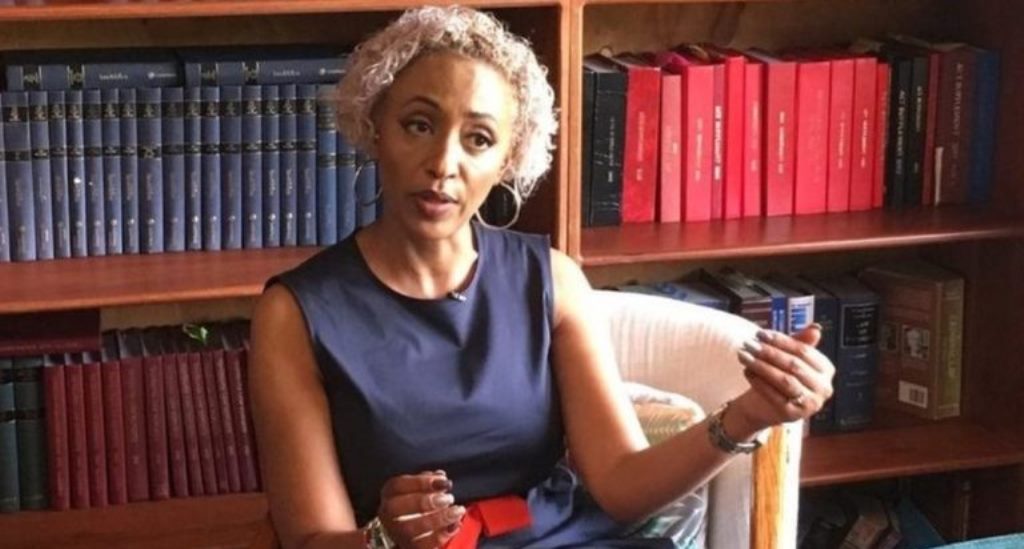Author: FAUSTINE KAPAMA
AfricaPress-Tanzania: THE Attorney General (AG) has filed three grounds of objection, seeking dismissal of appeal lodged by prominent advocate Fatma Karume to challenge the removal of her name from the roll of advocates of the Tanganyika Law Society (TLS) for allegedly professional misconduct.
This was revealed before the High Court when the appeal in which Ms Karume was opposing the decision of the Advocates Committee came for mention before a panel comprising Judges Issa Maige, Deo Nangela and Edwin Kakolaki.
The AG states that the appeal is incompetent for lack of notice of appeal contrary to Rule 17(1) of the Advocates (Disciplinary and other Proceedings) Rules Government Notice (GN) No 120 of 2018.
He states that the appeal is improperly filed by a memorandum of appeal and the same is bad in law contrary to Rule 17(2) and (5) as well as Rule 17(5).
Through her defence counsel Peter Kibatala, the seasoned lawyer has advanced 11 grounds of appeal to fault the committee’s decision against her on September 23, 2020.
Already three judges of the High Court of Tanzania have been assigned to determine the appeal. According to the summons issued by the High Court, the appeal will be heard on November 3, 2020.
Ms Karume, the appellant, is requesting the court to allow the appeal and quash the decision of the committee. The committee and the AG are the respondents in the appeal.
On the grounds of appeal, the appellant states that the committee has no jurisdiction to entertain the matter before it because it was not moved by a proper party.
According to her, Prof Adelardus Kilangi, was not before the committee on his personal capacity, while the AG in his official capacity could not move the committee on behalf of Prof Kilangi since they were and are one and the same.
She states that the committee acted without judicial authority and propriety to entertain the matter when it was made cognizant of the subsisting order of the superior body, the High Court, ordering the Registrar to transmit the alleged professional misconduct of the appellant to the committee.
Ignoring the order of the High Court in spite of it being appraised of the same by the counsel for the appellant to the committee potentially exposed her in double jeopardy.
Furthermore, the appellant states that the committee acted prejudicially in receiving new evidence which was not and could not be before the High Court since the alleged misconduct was committed after the hearing of the case of Ado Shaibu.
If any person was aggrieved should have filed a separate compliant after the conclusion of the case. According to her, the committee erred in receiving electronic evidence contrary to the Rules relating to discovery and production of electronic evidence despite the objection to the appellant’s counsel.
The appellant states that the composition of the committee is partial in the adjudication of the matter since some of the evidence pleaded before it was allegedly directed against the Director of Public Prosecutions (DPP), who was a member.
Furthermore, the appellant states that the appearance of the Solicitor General as representative of the AG was illegal and improper in that he had no independent capacity to enter appearance.
In its verdict, the committee found Ms Karume guilty of going against professional ethics on a number of issues after considering the evidence tendered in favour of the complaint.
Following such a decision, the Registrar of the High Court was required to send to the Court of Appeal or High Court, as the case may be, for each East African country a certified copy of the order as to the removal of the name of the advocate from the roll.







